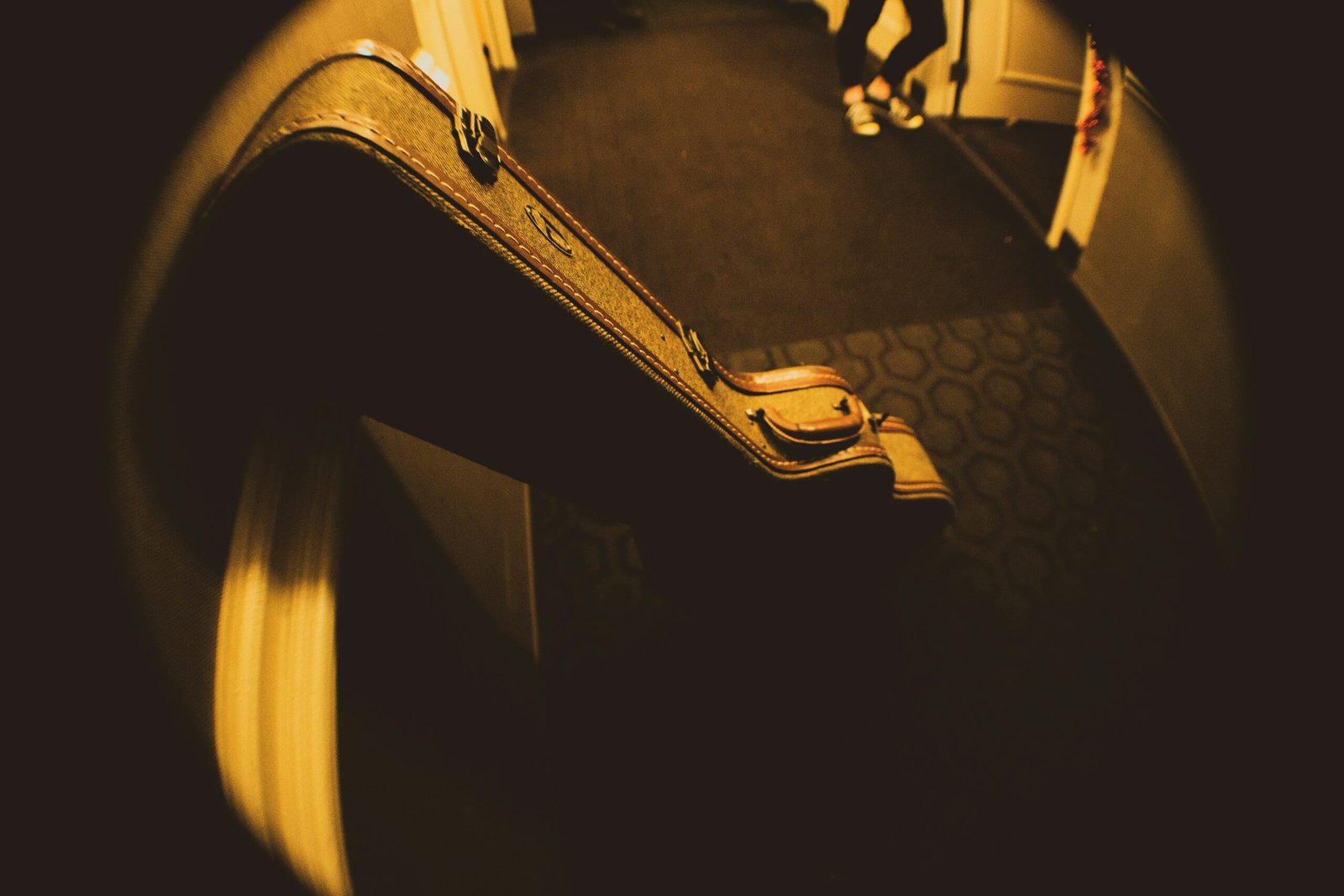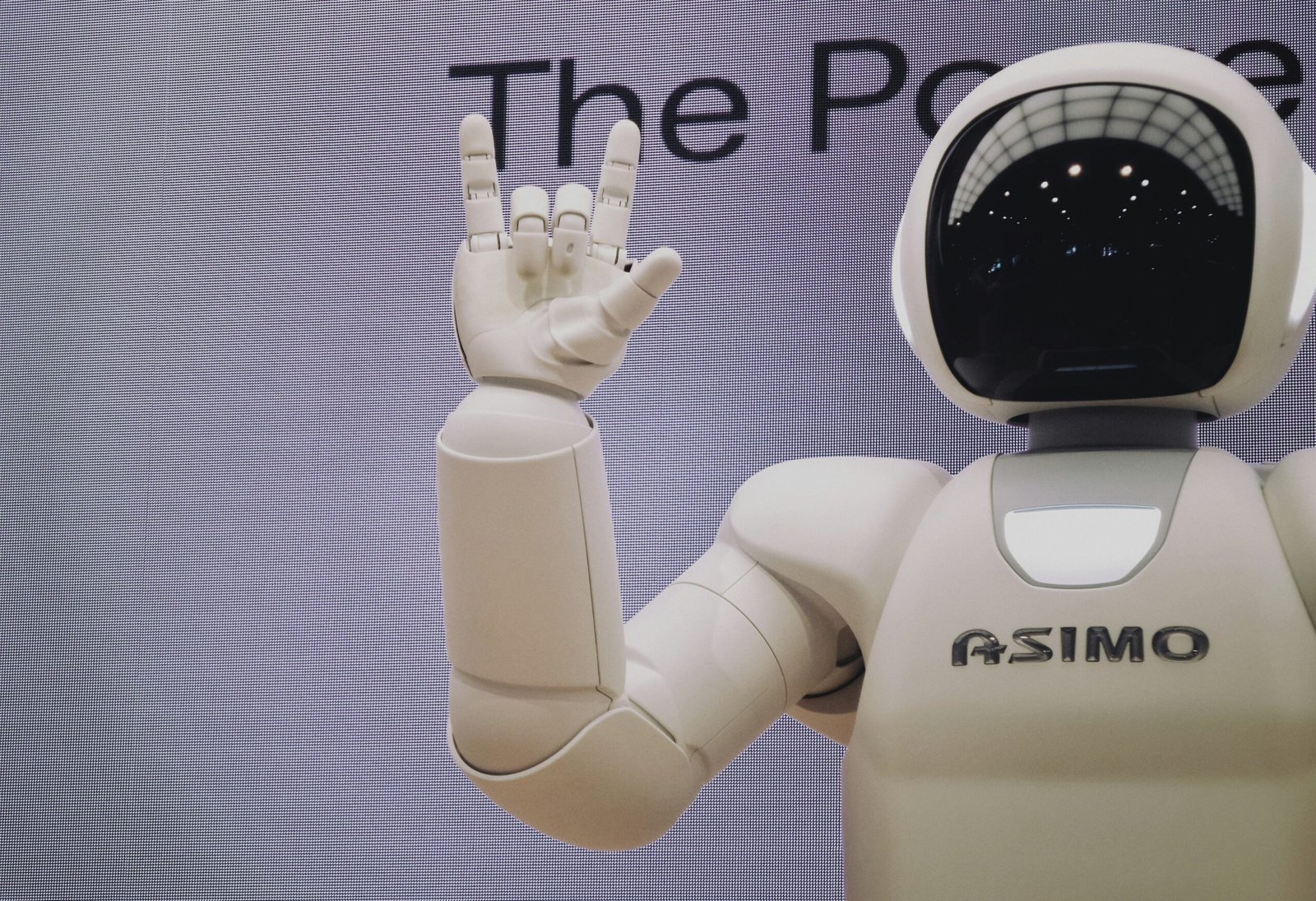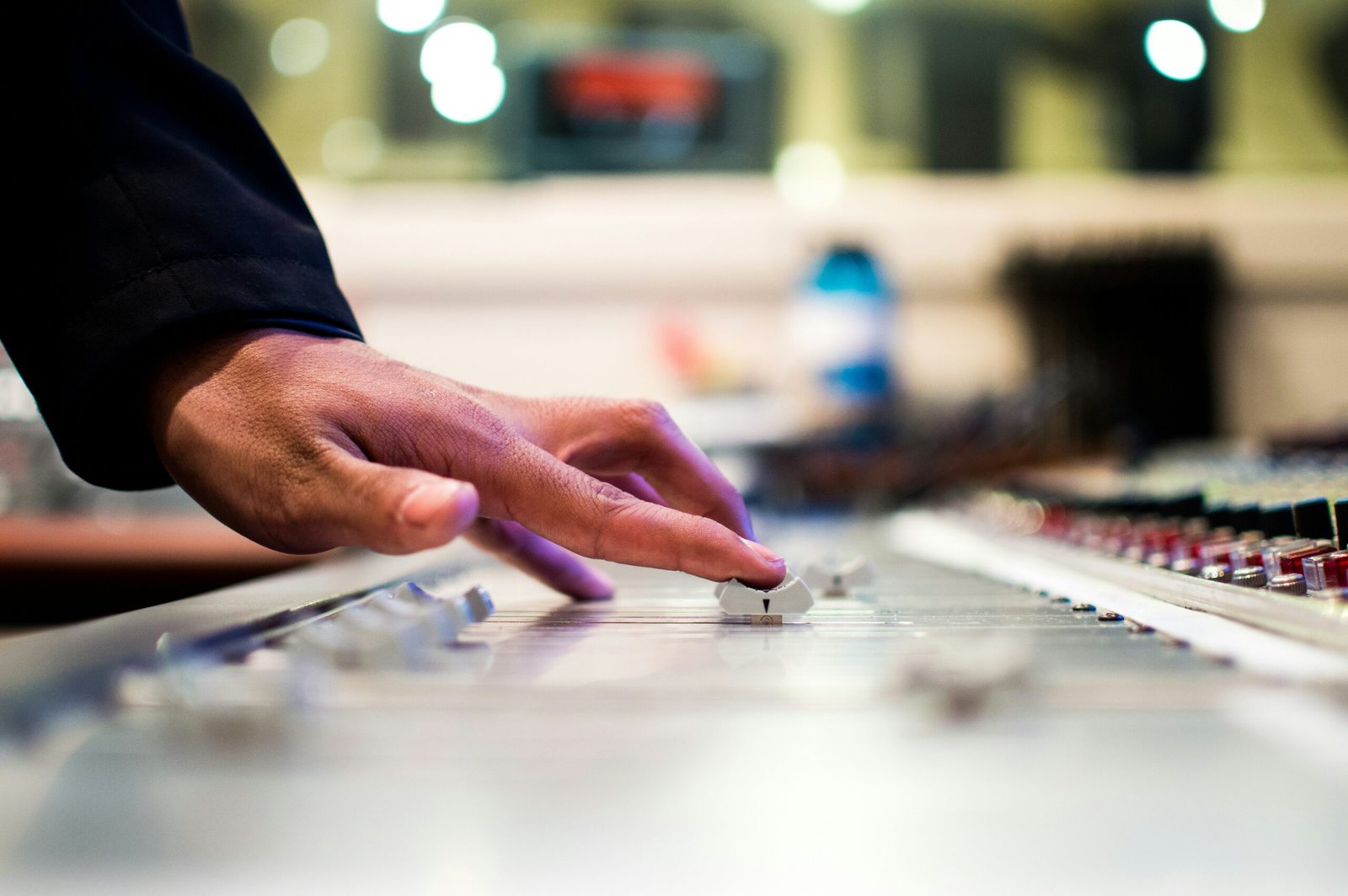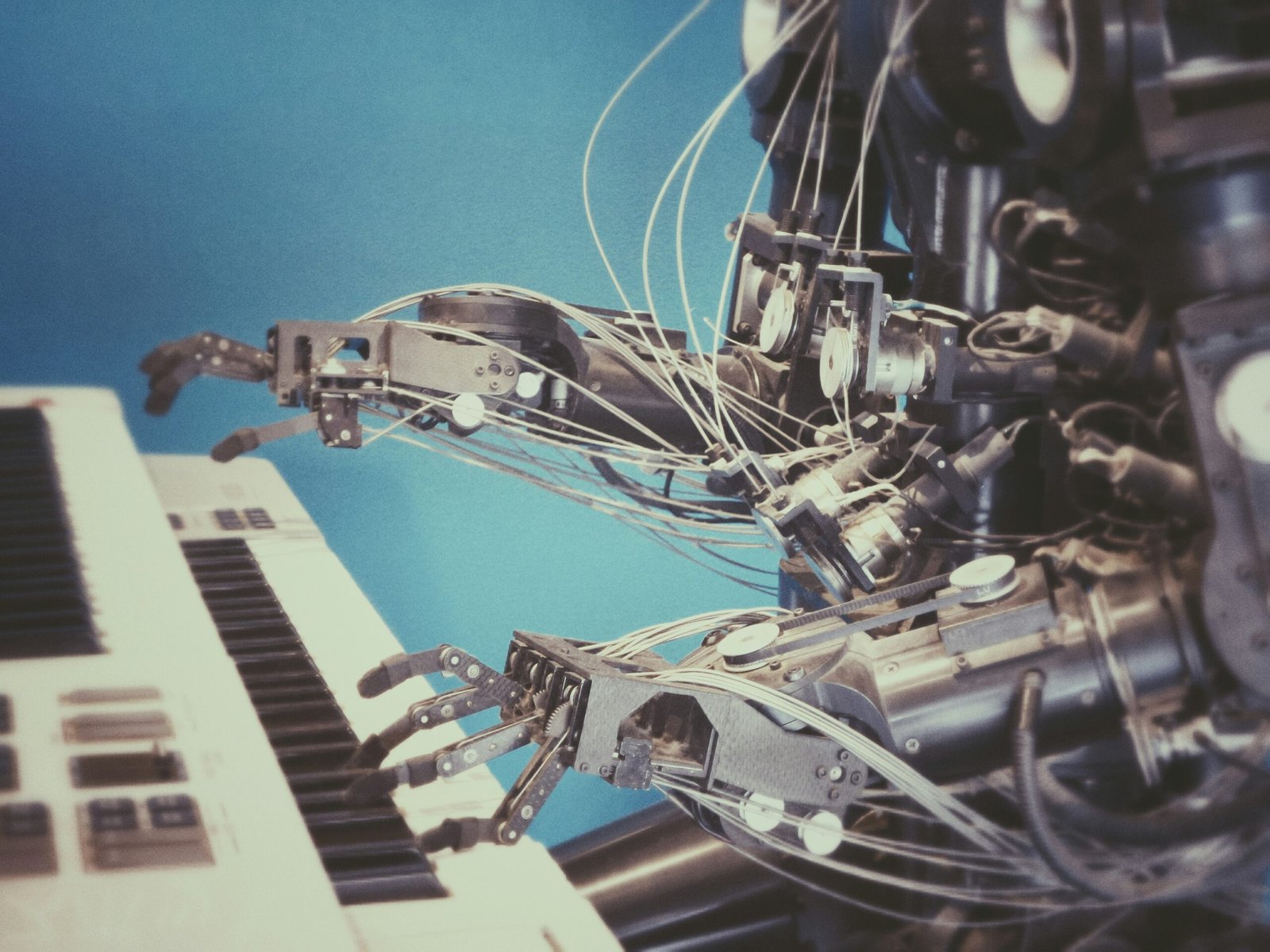Embracing the Future: Creating Music with AI and New Technology

The Rise of AI in Music Creation
The music industry has undergone a significant transformation over the past few years, driven largely by advancements in artificial intelligence (AI). The evolution of AI technology has made waves in various creative fields, and music creation is no exception. Today, there are numerous AI-driven tools that cater to both amateur and professional musicians, democratizing the creative process and enabling individuals to produce music with unprecedented ease.
Tools such as OpenAI’s MuseNet and Google’s Magenta exemplify this shift. MuseNet, for instance, can generate original compositions across various genres, blending styles and influences that would typically require extensive human effort. Similarly, Magenta offers a suite of tools that assist in generating melodies, harmonies, and complete pieces. These platforms illustrate the capacity of AI to enhance creativity by acting as collaborative partners in the songwriting process, producing novel ideas that musicians can refine and develop further.
The benefits of incorporating AI into music creation extend beyond mere convenience. By facilitating collaboration, these technologies encourage musicians to push their creative boundaries. Musicians can explore new genres and styles that they might not have considered previously, leading to innovative and unexpected outcomes. Additionally, AI tools can significantly enhance productivity, allowing creators to focus on the finer details of their work while the technology takes care of initial composition tasks.
It is essential to address misconceptions surrounding AI and creativity. Some may fear that AI will replace human musicians, but it is important to recognize that AI is not a substitute for human creativity. Instead, AI acts as an augmentation tool, providing musicians with new avenues to express their artistry and streamline the music creation process. The rise of AI in music creation not only paves the way for technological advancements but also enriches the artistic landscape through enhanced collaboration and unique musical exploration.
Innovative Techniques and Tools for Music Creation
As advancements in artificial intelligence (AI) reshape various industries, music creation is experiencing a transformative wave thanks to innovative techniques and cutting-edge tools. Musicians and composers now have access to a variety of software platforms that seamlessly integrate AI technology into their creative processes. These tools simplify the task of composing, arranging, and producing music, making the art form more accessible than ever.
One prominent example of AI-driven music software is Amper Music, which allows users to create custom soundtracks without requiring extensive music theory knowledge. By simply selecting moods, styles, and instruments, users can generate high-quality music tracks within minutes. Another notable tool is AIVA (Artificial Intelligence Virtual Artist), which excels at generating complex compositions across various genres. This software provides musicians with a collaborative partner, enabling them to explore multiple avenues in their music-making journey.
For those looking to enhance their projects further, AI can assist in generating backing tracks and experimenting with different genres. Tools like LANDR not only support music production but also offer automated mastering services that ensure the final product sounds polished. Moreover, platforms like OpenAI’s MuseNet can generate melodies and harmonies based on a given genre and user preferences, allowing musicians to easily experiment with their compositions.
Lyric writing has also benefited from AI technologies, with platforms like Write With Transformer enabling artists to craft engaging lyrics by providing context and suggestions. However, as musicians integrate AI into their creative workflows, it is crucial to remain aware of the ethical implications and challenges surrounding AI-generated content. Issues of copyright, originality, and the authenticity of creativity warrant careful consideration, ensuring that the collaboration between humans and AI enhances the artistic experience rather than diminishes it.
By embracing these innovative tools and techniques, musicians can unleash their creativity and reimagine their soundscapes, paving the way for new possibilities in the world of music creation.




